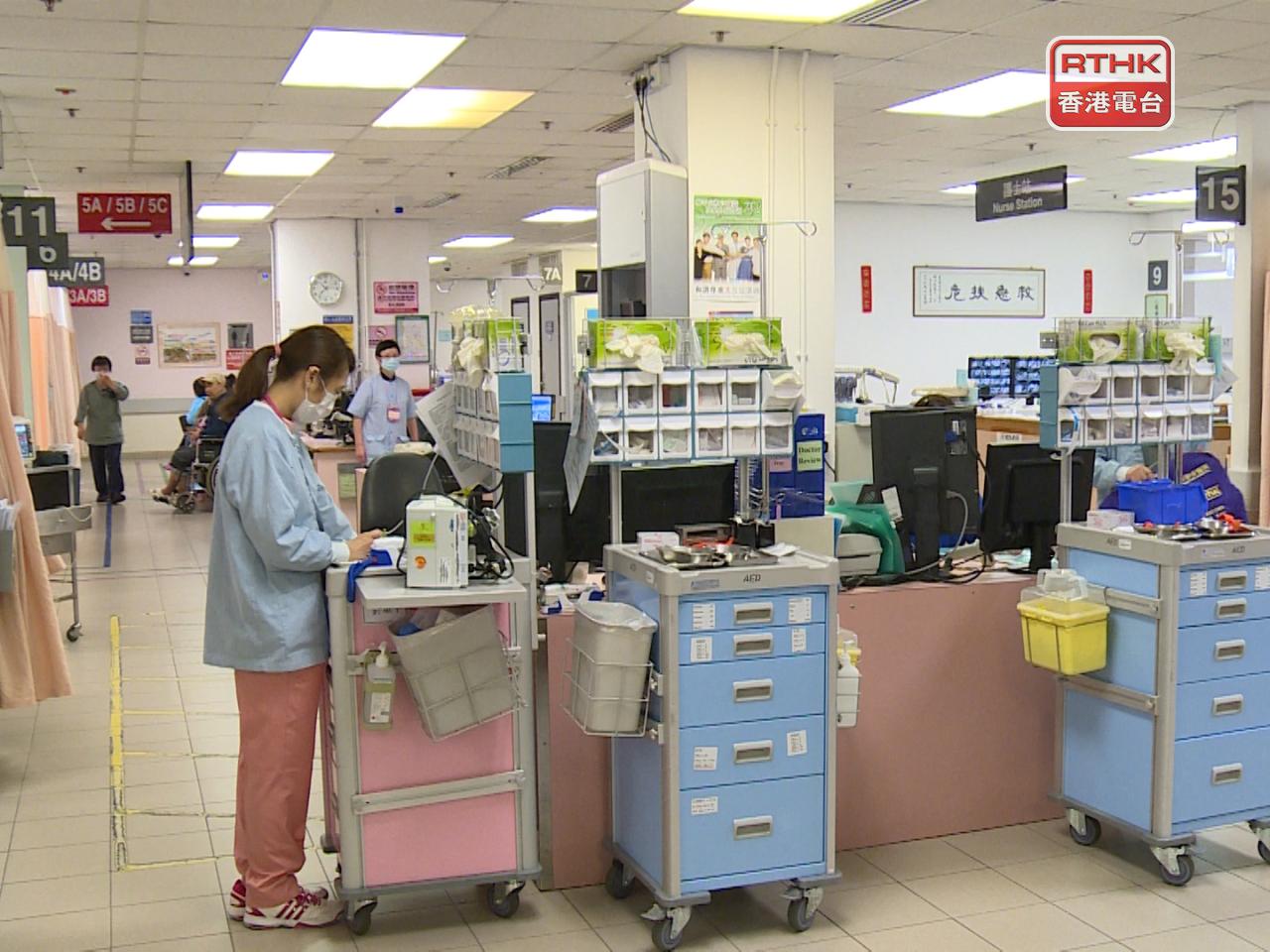The Health Bureau said on Thursday that health expenditure exceeded HK$250 billion for the 2023-24 financial year, a rise of 8.6 percent from the year before.
The recurrent expenses amounted to more than eight percent of local GDP, or more than HK$33,000 per capita.
A little more than half of the recurrent expenses involved public expenditure, amounting to 4.3 percent of GDP.
That was one and a half times more than the figure from a decade ago, when a similar corresponding growth rate was observed for the ratio of those aged 65 and above in the total population.
A deputy health secretary, Raymond Wu, said the addition of services as well as an ageing population played a part in the rise in expenditure in the past 10 years.
"Continuous improvements to Hong Kong's public healthcare services have been made. We have launched many new services, and sped up service procedures," he said.
"Therefore, the additional services and an ageing population were surely the main reasons for the increase in expenditure."
The bureau said compared with economies that have a similar ratio of elderly people, Hong Kong is among the places with the lowest public health expenditure share of overall GDP.
But at the same time, it said the public, especially the elderly, rely heavily on public hospitalisation and day-patient services, and the public health system's sustainability will face challenges given the ageing population.
Private medical expenses for the year 2023-24, meanwhile, were over HK$120 billion, amounting to four percent of GDP.
Over the past decade, the ratio of money spent on medical insurance compared to overall private expenditure rose by nearly 12 percentage points, to 45 percent.
Officials went on to say that government efforts in promoting the development of primary healthcare were gradually showing results, noting that expenditure in this regard reached HK$73.5 billion, the highest in the past decade and amounting to around 30 percent of the overall current health expenditure.





